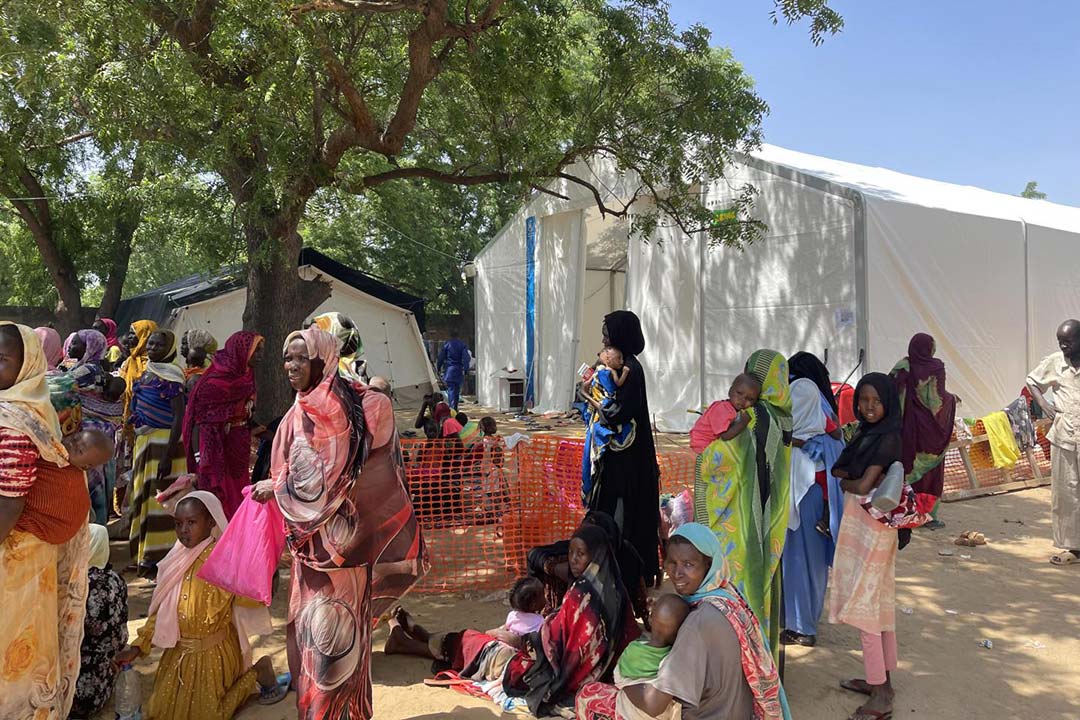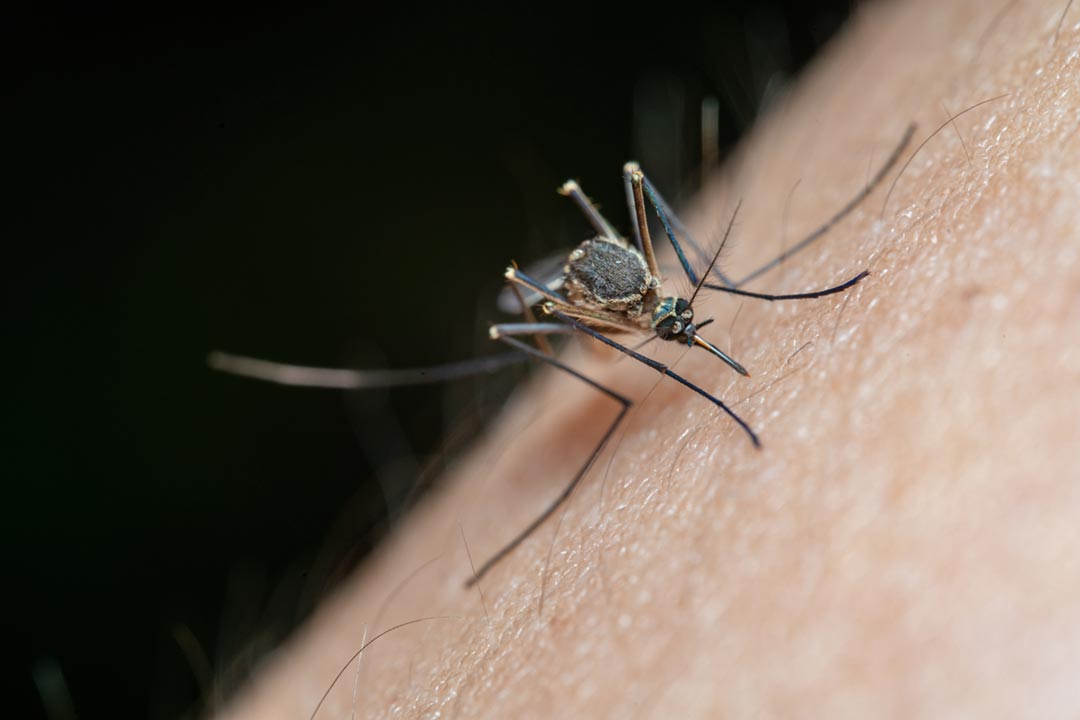Sudan’s health crisis spreads to neighbouring countries
The WHO has called for a scaling up of the response to the health and humanitarian emergency in Sudan, which is fast becoming a regional crisis.
- 28 July 2023
- 4 min read
- by Ciara McCarthy

The conflict in Sudan is causing a health crisis that is spreading across the region, health experts in the country have warned.
Since fighting began in April, 3.4 million people have been displaced and nearly 760,000 have been forced to flee to neighbouring Central African Republic, Chad, Egypt, Ethiopia and South Sudan.
There is currently a large measles outbreak in Sudan affecting almost 10 states, as well as an outbreak of acute watery diarrhoea with more than 300 cases and seven deaths. Malaria and yellow fever have been reported in CAR. In South Sudan, there has been a rise in severe acute malnutrition and measles.
Access to healthcare is a major challenge. Prior to the current conflict, Sudan already faced substantial health needs due to conflict, climate change and a weakened health system. Now, more than 67% of the country’s hospitals are out of service, with over 50 verified attacks on healthcare facilities.
The main medical supply warehouse in the country is inaccessible. Even if supplies can be brought to it, finding functional medical facilities to deliver these supplies is difficult.
Speaking at a WHO Africa Region (AFRO) briefing yesterday, Dr Nima Saeed Abid, WHO Representative in Sudan, praised those health workers who have remained in Sudan to provide greatly-needed medical care: “We have to really salute them for staying and delivering despite the life-threatening situation.”
Diseases outbreaks
There is already a resurgence of infectious diseases, both in Sudan and among those who have fled to neighbouring countries.
“All immunisation activities have stopped. All vector control activities have stopped,” said Dr Abid.
Have you read?
The impact has been swift. There is currently a large measles outbreak in Sudan affecting almost 10 states, as well as outbreak of acute watery diarrhoea with more than 300 cases and seven deaths. Malaria and yellow fever have been reported in CAR. In South Sudan, there has been a rise in severe acute malnutrition and measles. The risk is only increasing as the rainy season begins and vaccine coverage falls.
“WHO with other partners have stayed and delivered, throughout all this period. But is our response matching the huge need of the Sudanese people? Definitely the answer is no. We need to scale up.”
The countries that refugees are crossing into have limited capacity to cope with the sudden influx of people, especially given that many of these countries already host a large population of displaced people from other protracted conflicts.
Regional crisis
“The conflict in Sudan is triggering a health crisis affecting an entire region,” said Dr Jean-Bosco Ndihokubwayo, WHO Representative in Chad.
As well as disease outbreaks, regional health authorities are being forced to deal with an array of new issues.
-
Gunshot wounds and trauma: Many people are arriving at the borders in need of urgent medical assistance, with gunshot wounds or infections. In Chad, WHO and partners have treated more 1,400 trauma cases, including performing over 60 major surgeries.
-
Child malnutrition and lack of access to immunisation: Of the more than 68,000 people who have crossed into Ethiopia, around 8,000 are under the age of five. These children are experiencing higher rates of acute malnutrition and are at risk of missing out on basic vaccines.
-
Mental health and gender-based violence: WHO experts highlighted the need for mental health services, particularly for women and girls who have suffered gender-based violence during the conflict. In Ethiopia, a clinical psychologist is stationed at the border, as well as officers specialising in response to gender-based violence. In Egypt, a location was assigned to provide mental health services within three days of the start of the conflict. More than four million women and girls remain at risk of sexual and gender-based violence.
-
Polio: Cross-border collaboration between public health professionals is helping maintain polio surveillance, with samples sent to Chad and Egypt for testing. Dr Magdalene Armah, WHO AFRO Incident Manager for the Sudan crisis, called for strengthening of cross-border operations to reach vulnerable populations with healthcare, particularly to support vaccination and disease surveillance.
-
Non-communicable diseases: Others need access to life-saving treatment for non-communicable diseases (NCDs) such as diabetes, cancer or kidney disease. In the first three weeks, 110 people crossing the border into Egypt were in need of kidney dialysis. In the first month, 10 tons of essential medicines for NCDs were delivered.
Funding urgently needed
WHO have provided US$ 2.4 million to neighbouring countries to help support the public health response, as well as delivering emergency medical and non-medical supplies and providing technical support to national authorities.
But it is not enough. In June, WHO issued an emergency appeal for US$ 145 million to respond to the crisis. It has only received 10% of this so far.
According to Dr Nima Saeed Abid, “WHO with other partners have stayed and delivered, throughout all this period. But is our response matching the huge need of the Sudanese people? Definitely the answer is no. We need to scale up.”








